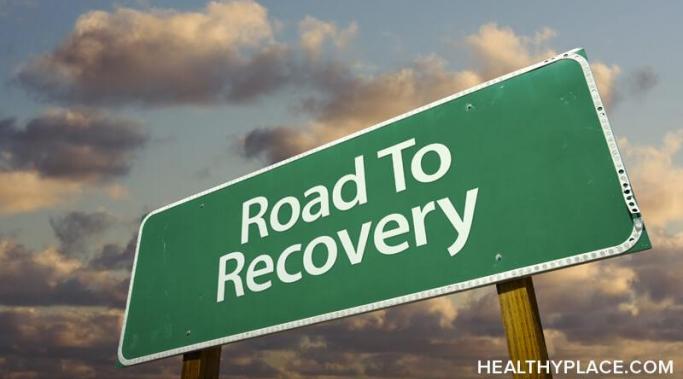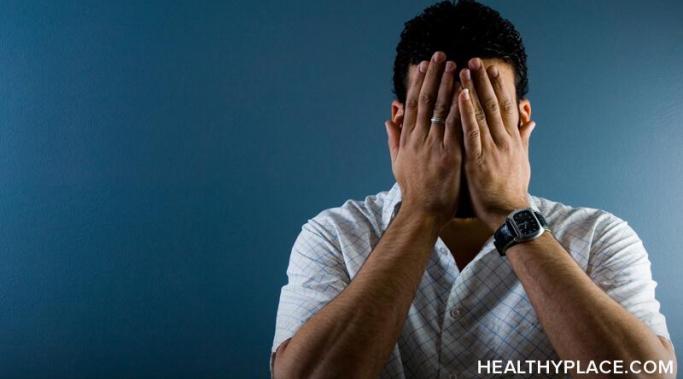I know firsthand just how much of a challenge it can be to prioritize eating disorder recovery this time of year—or even in general, for that matter. So if your commitment to healing is wavering at the moment, I want to share with you five reasons why I believe that eating disorder recovery is worth it. This is not to minimize the pain or turmoil you might feel, but I do hope the list below inspires and encourages you to continue on the path to reclaiming a healthy, empowered life. Eating disorder recovery is no simple feat, but I can tell you from experience, the outcome is so worth it.
Eating Disorders Treatment
Last week in a counseling session, my therapist issued me an assignment: Write a "dear body" letter to myself. In the past, I have done similar exercises, like the goodbye letter I wrote to my eating disorder in 2018. But this undertaking feels much different.
November is officially here, which means now is the time to create an eating disorder (ED) recovery action plan for the holidays. This season can be a minefield to navigate with an eating disorder, no matter where you're at in the healing process, so it's crucial to determine in advance how you will prioritize eating disorder recovery in the midst of whatever triggers you face these next couple of months.
In November of 2019, I moved to Arizona where the mountains and desert landscape are right outside my window. Before that, I lived in Florida, about 10 minutes away from the Gulf of Mexico's turquoise ocean and sugar-white sand. I always feel the most alive and at peace when I am outside, so it stands to reason, nature is my first line of defense in eating disorder recovery.
While these past several months of social distancing have been necessary to help contain the global pandemic, this continued isolation can adversely impact mental health. That is true for conditions across the mental illness spectrum, but I am particularly concerned about eating disorders and suicidal thoughts in the climate of COVID-19. (Note: This post contains a trigger warning.)
An estimated 9.2 million adults in the U.S. live with more than one form of mental illness, and that statistic does not even count the numerous children and people across the globe who experience this reality also. Two mental health issues that can co-exist with one another are eating disorders and panic attacks, both of which can escape detection or diagnosis. While panic attacks can range in severity and escalate for a number of different reasons, many of the same fears that cause eating disorder behaviors can contribute to panic attacks as well. If your eating disorder often co-exists with panic attacks, coping mechanisms are available to you.
It's not exactly a shock that eating disorders can wreak long-term havoc on how the body functions—even as the behaviors subside and a healthy weight is achieved. But did you know there is a correlation between eating disorders and issues with metabolic rate?
Can I share a fundamental, irrevocable truth that you just might need to hear? Your personal identity is more than an eating disorder. Even if you cannot imagine a life without this illness right now, I want you to know that recovery is attainable, and you are capable of existing in a world that does not revolve around your eating disorder. How can I voice this with absolute confidence? The answer is simple—in these past few years, I have been on a crusade to unearth and reclaim my own identity outside the diagnosis of anorexia nervosa; so if I can do this, I guarantee you have the same potential, too.
Just this morning, I opened my email inbox and noticed a subject line which read, "How many steps should you take to lose weight?" As someone who continues to battle thoughts of anorexia on a daily basis, my first reaction to seeing this was to click the email thread, so I could know the answer. I was even tempted to scroll through my mobile fitness tracker to ensure I habitually reach the step count required. But since I am also in committed recovery now, this initial reflex was supplanted by another, more constructive question: "Can fitness trackers worsen eating disorder behaviors?" Could monitoring the number of steps taken, floors climbed, miles run or walked, and calories burned increase the obsessive patterns which eating disorders thrive on? Based on my own experience, I think that answer is, "Yes."
As the eyes and ears of American society are fixed on dismantling more than 400 years of racial injustice at this pivotal moment in time, the intersection of racial trauma and eating disorders must be part of this broader conversation.








